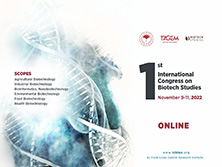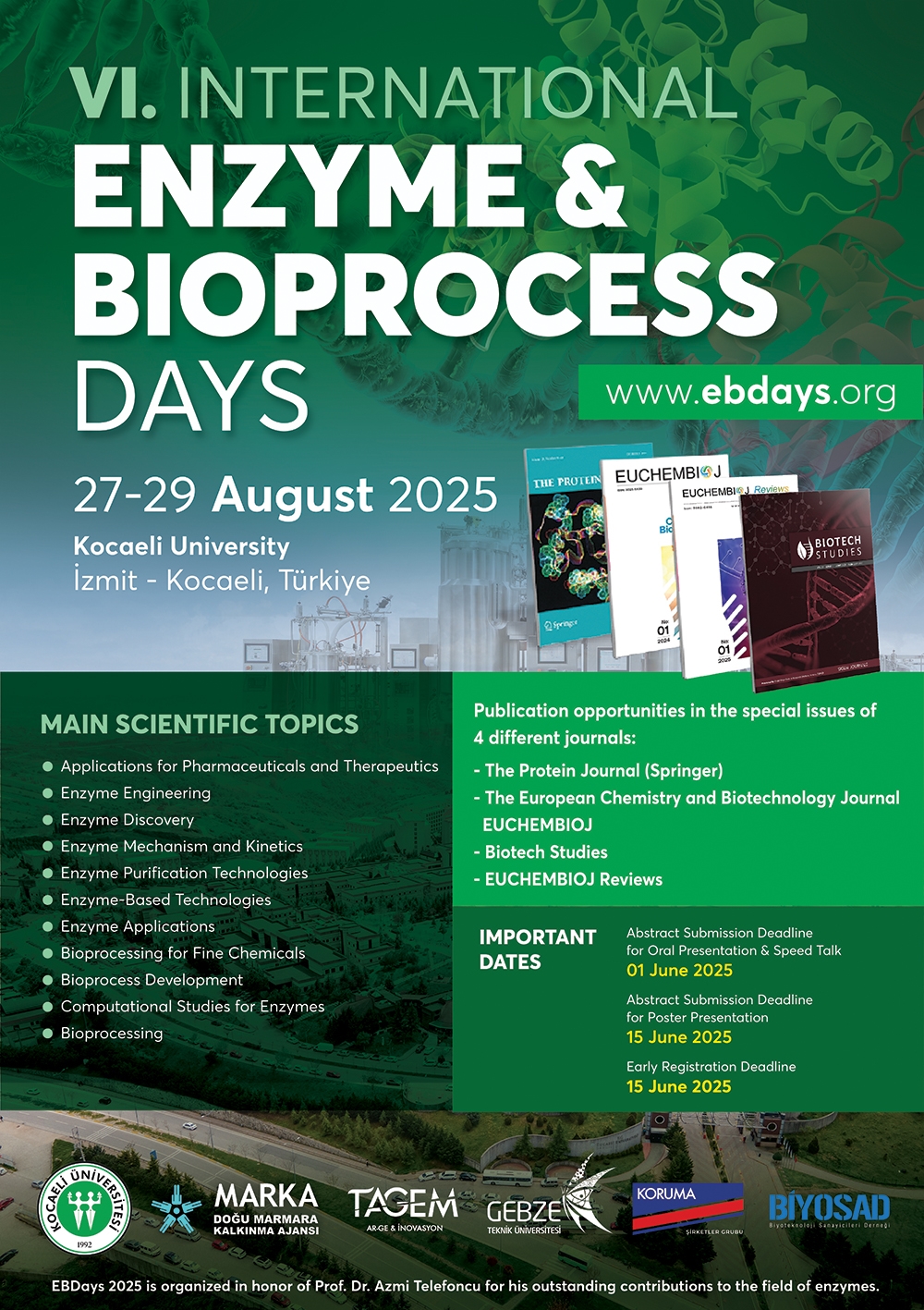Biotech Studies
2025, Vol 34, Num, 2 (Pages: 046-052)
Investigation of the antiproliferative effect of ceramide and sphingomyelin on various cell lines
2 Department of Molecular Biology and Genetics, Faculty of Arts and Sciences, Tokat Gaziosmanpaşa University, 60250, Tokat, Türkiye
3 Department of Biology, Faculty of Arts and Sciences, Tokat Gaziosmanpaşa University, 60250, Tokat, Türkiye DOI : 10.38042/biotechstudies.1713035 - Sphingolipids participate in the structure of the cell membrane and have bioactive roles in many cellular events, including cell proliferation, differentiation, and programmed cell death. Changes in sphingolipid metabolism contribute to the formation and progression of the cancer phenotype in different cancer types and multi-drug resistance. In this study, we aimed to examine the antiproliferative effects of ceramide and sphingomyelin on different cancer cell lines. The results showed that ceramide and sphingomyelin act similarly and have antiproliferative effects on three different cancer cell lines and a normal cell line in a dose-dependent manner. In contrast, this effect decreases when low concentrations are applied. In DMSO solvent, ceramide was most effective in C6 cells (IC50 = 32.7 μM) and least in CCD-18Co (IC50 = 56.91 μM). In ethanol, it showed highest sensitivity in CCD-18Co (IC50 = 0.33 μM). Sphingomyelin in DMSO had IC50 values of 0.25 μM in C6 and HT29 and 0.45 μM in CCD-18Co. In ethanol, it was more effective in cancer cells (IC50 = 0.25–0.28 μM) but less cytotoxic in CCD-18Co. In conclusion, these two molecules have antiproliferative activities in a dose-dependent manner, however, further molecular investigations are needed to understand the mechanism of actions. Keywords : Sphingomyelins Ceramide Bioactive molecules
















